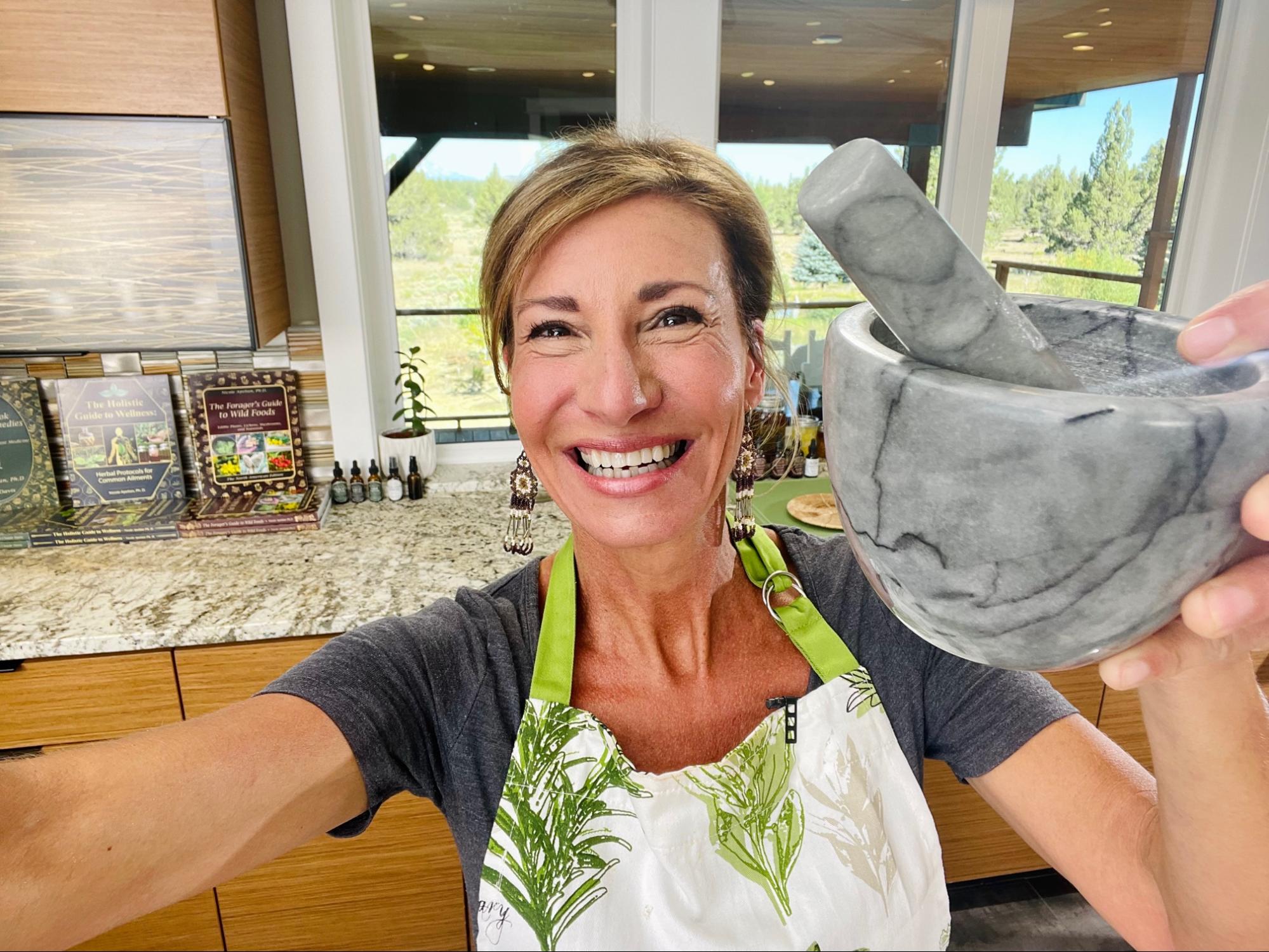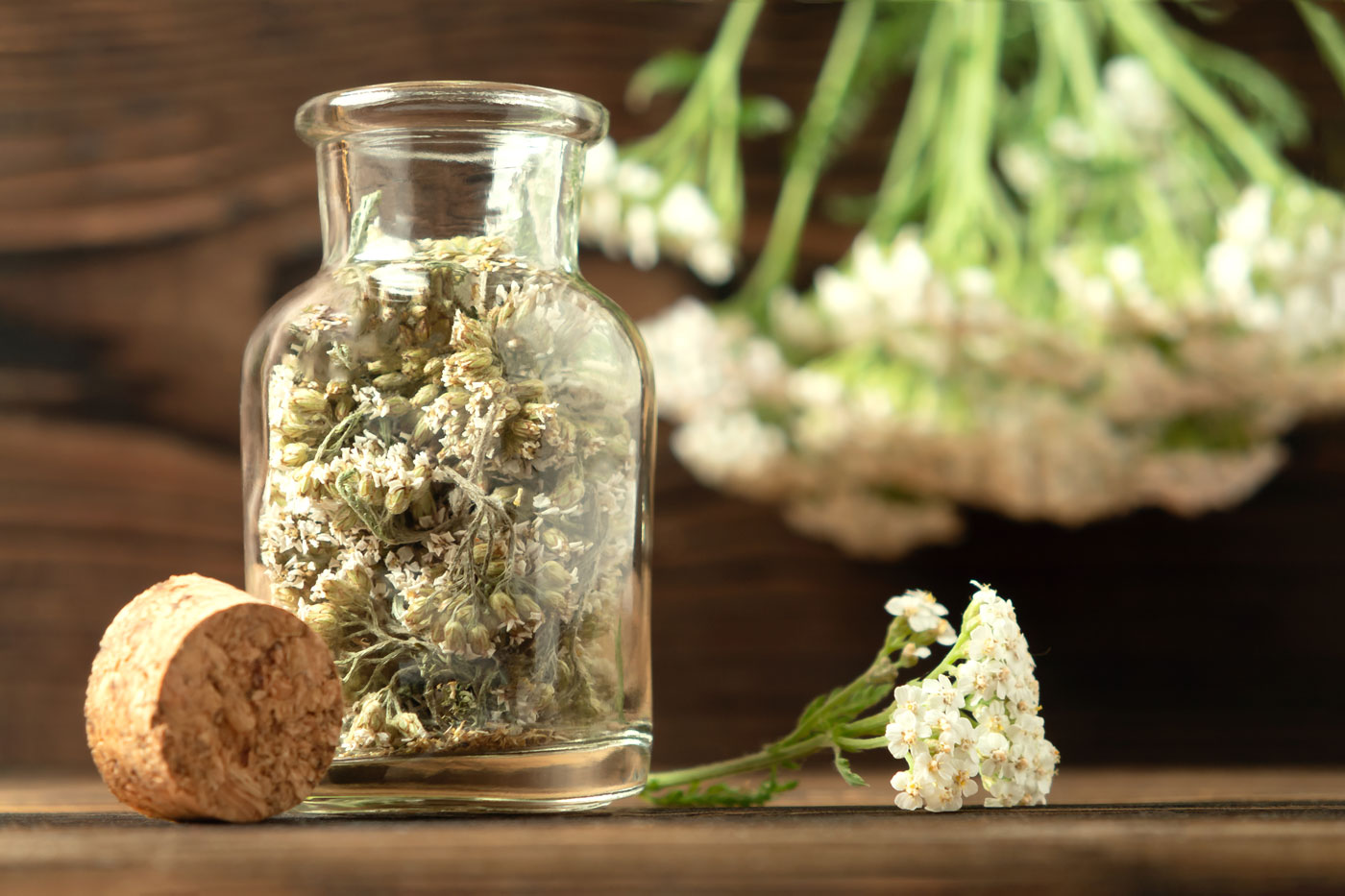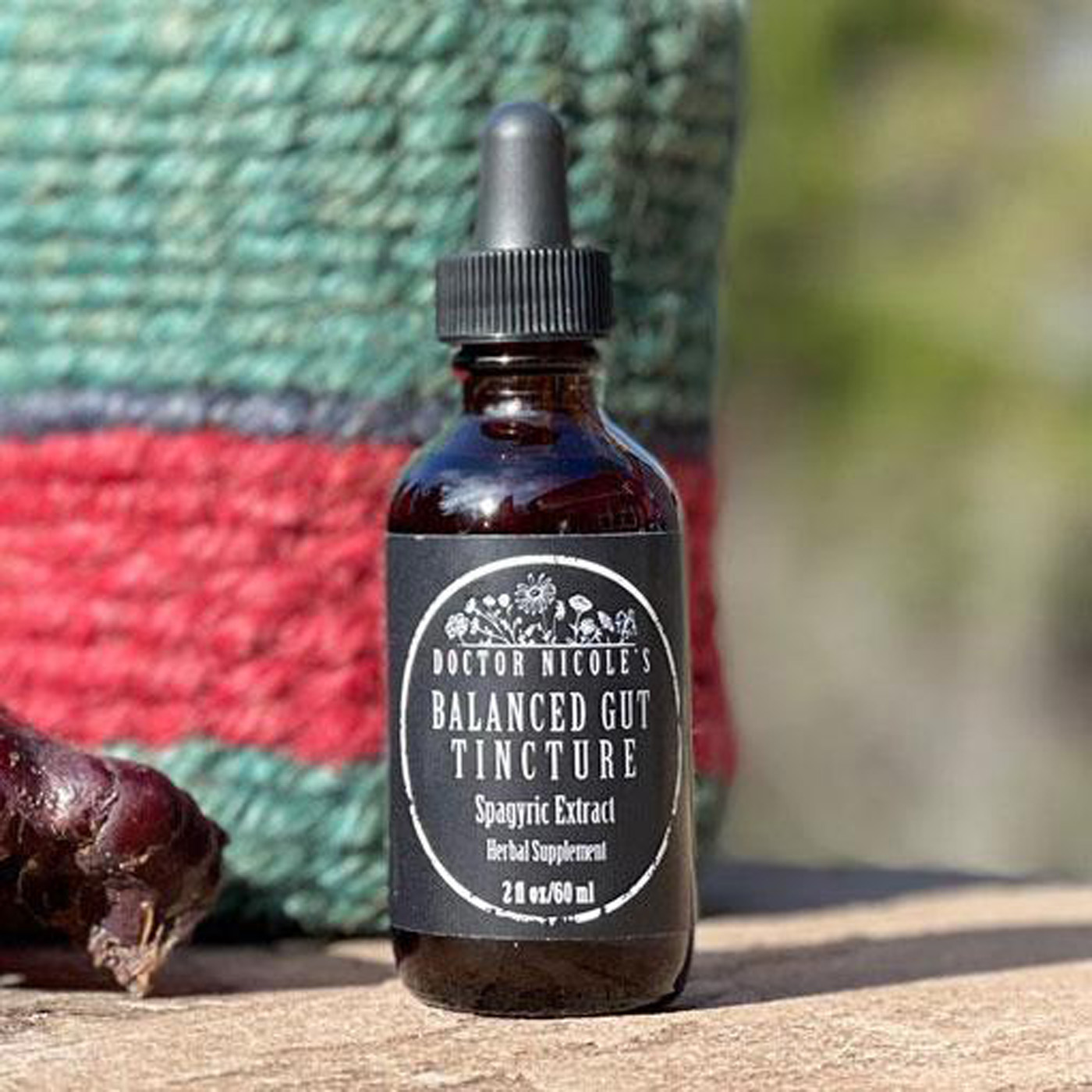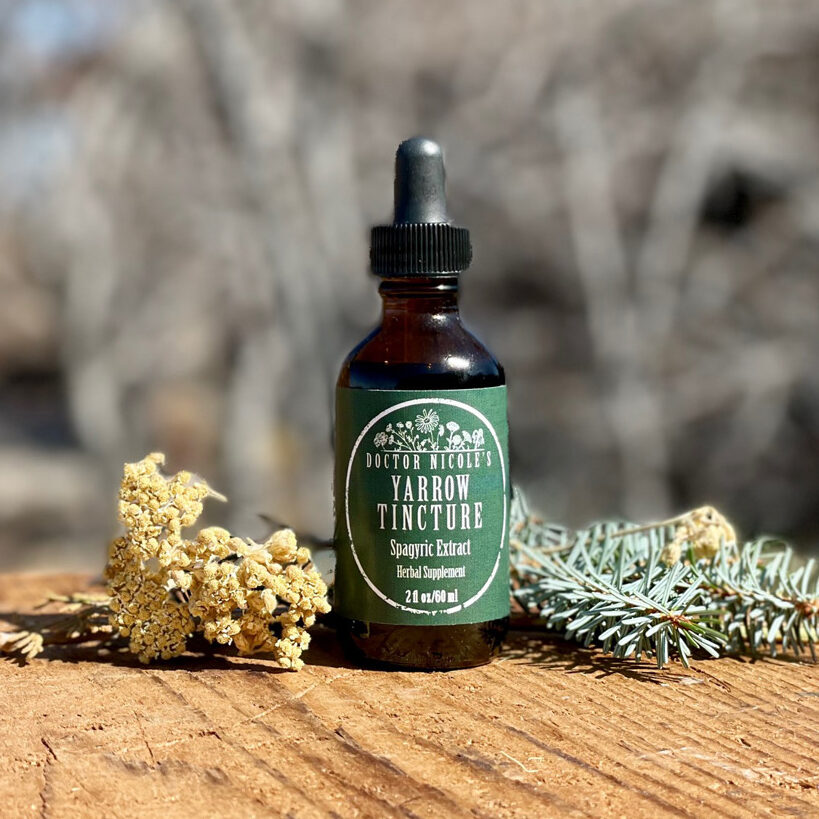The Hidden Dangers of Parasites: What You Need to Know
Parasitic infections are not just limited to exotic, tropical locations and developing nations, they are also surprisingly common in the West, including the US, Canada, Europe, and Australia. A parasite is an organism that sources their food from a host, such as a human or animal. There are three main types: single-cell protozoa; helminths, which include roundworms, tapeworms, and flukes; and ectoparasites that live outside the host, such as ticks, scabies, bed bugs, fleas, and lice. Once a parasitic infection has taken hold, it can cause a number of serious health issues, such as mood changes, inflammation, malnutrition, weight loss, anemia, headaches, developmental delays, extreme fatigue, chronic pain, and more.
For our purposes here, we will focus on protozoan and helminthic parasites. If you would like information about Lyme disease, please see this post or you can find a full Lyme protocol here. Even if you don’t think you have a parasitic infection, I recommend doing a general parasite cleanse every year to be on the safe side. My favorite herbs for this are included below, along with dietary and lifestyle tips.
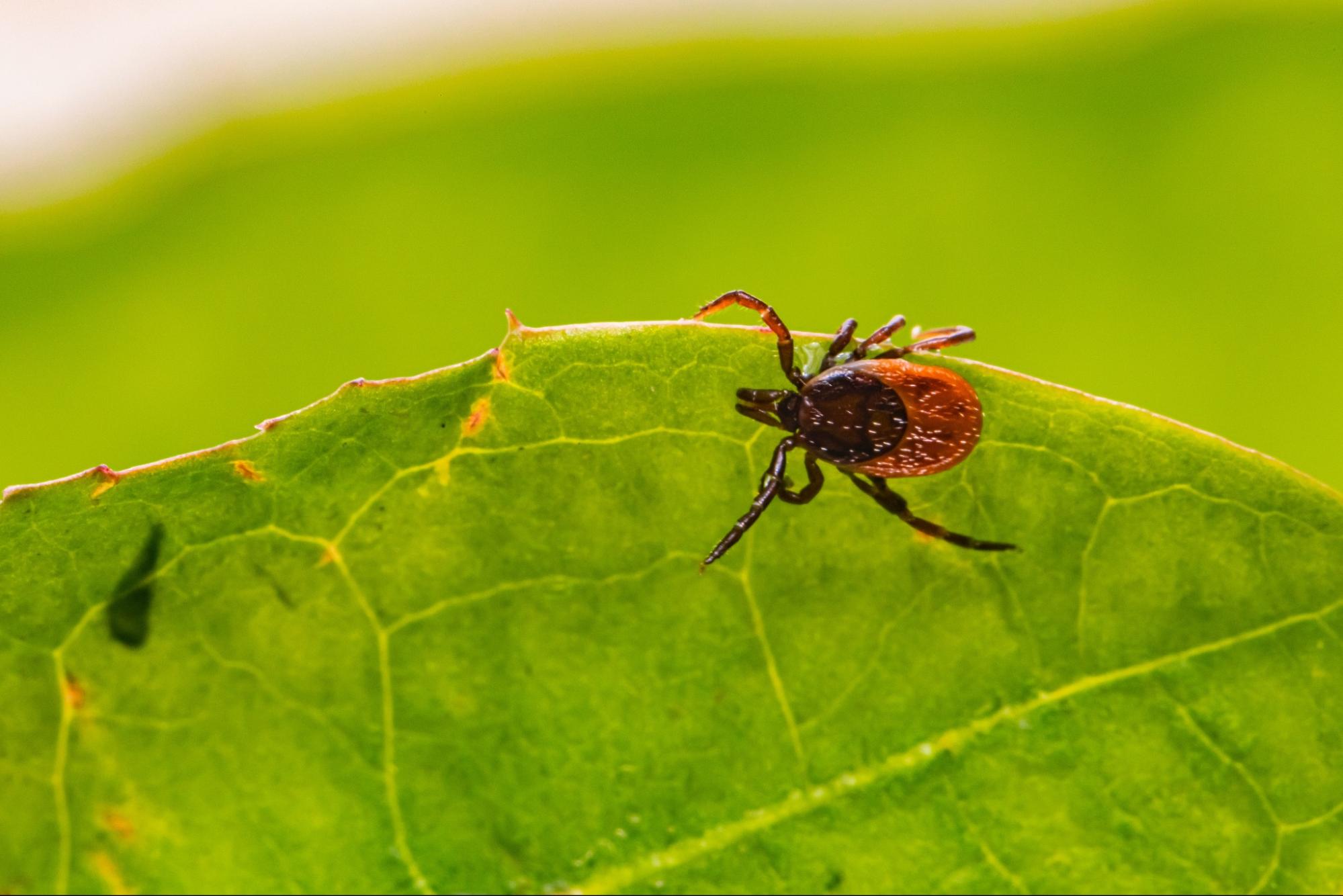
Common Protozoan Parasites
Giardia duodenal: An infection in the small intestine, this parasite causes giardiasis after being exposed to water, food, objects, and surfaces contaminated with infected feces. Symptoms include abdominal cramping, watery diarrhea, fatigue, flatulence, diminished appetite, and foul-smelling stool.
Entamoeba histolytica: Transmitted via oral contact with infected feces, Entamoeba can be found in water, food, and on surfaces and objects. It affects the large intestine and causes loose stool, abdominal pain, and cramping. Depending on the severity of the infection, it can also include fever and bloody stool.
Cryptosporidium: Contracted by swallowing recreational water (lakes, streams, rivers, pools, hot tubs, water parks, etc.) that is contaminated with infected feces, this parasite causes cryptosporidiosis. Symptoms may include watery diarrhea, diminished appetite, weight loss, abdominal cramping, fever, and vomiting.
Plasmodium: When you are bitten by an infected mosquito, Plasmodium is the parasite known to cause malaria. It is typically transmitted in South Asia, Africa, Central and South America, the Caribbean, Southeast Asia, the Middle East, and Oceania, although several recent cases have been detected in Florida and Texas. Common symptoms include chills, fever, muscle aches, and extreme fatigue. You can also experience nausea, vomiting, diarrhea, anemia, and jaundice. A Plasmodium falciparum malarial infection can be potentially life-threatening as it may cause liver and kidney failure, convulsions, and coma.
Toxoplasma gondii: Found in undercooked meat and cat feces, this parasite causes toxoplasmosis, a condition that involves swollen lymph nodes in the neck, muscle pain, fever, malaise, headache, and inflammation in the lungs, heart, and eyes. It is particularly dangerous for pregnant mothers as they can pass it along to their unborn child.
Babesia spp.: Transmitted by ticks and often found as a co-infection with Lyme disease, babesia infects red blood cells. Symptoms of babesiosis include fever, chills, sweating, body aches, yellowing of the skin and eyes, nausea, and mood changes. Sometimes the infection resolves spontaneously. However, if the disease is severe it will require treatment.

Helminthic Parasites
This type of parasite can often go undiagnosed if the infection is mild and asymptomatic. If the infection is severe, you can experience abdominal pain, diarrhea, blood loss, rectal prolapse, malnutrition, and physical/developmental delay in extreme cases.
Roundworms: In the United States, the most common type of roundworm infection are pinworms. They are highly contagious and easily transmitted when an infected person scratches the affected area and then touches a surface, such as bedding, towels, clothing, toilet seats, toys, or food. School aged children are most likely to become infected and then can spread it to family members and others who they have close contact with. Hookworms are also found in the USA, which are picked up by walking barefoot on contaminated soil.
Tapeworms: A person can become infected with this intestinal parasite by eating food or water that is contaminated with tapeworm eggs or larvae. The eggs can also travel beyond the intestines and form cysts in other bodily tissues and cause an invasive infection.
Flatworms and Flukes: The most common flatworm infection in humans include blood fluke, lung fluke, and liver fluke. Blood flukes are generally contracted through freshwater sources contaminated with feces that contains the parasite. Lung flukes are transmitted by eating raw or undercooked crabs or crawfish that are infected with the larvae. And a liver fluke infection typically arises from eating watercress or other aquatic plants that contain the immature larvae.

Prevention
While it isn’t possible to completely avoid parasites in our day-to-day lives, we can take precautions that help to reduce the risk of infection. One of the best methods is to get in the habit of washing your hands frequently with soap and water, especially before eating. Moreover, it is always a good idea to clean and scrub your vegetables with purified water if you will be consuming them raw. Watercress should always be cooked to reduce the likelihood of exposure to liver flukes.
Additional preventative measures include bathing and changing underwear daily; keeping your nails clipped short; protecting against tick and mosquito bites; avoiding walking barefoot on soil where animals frequently roam to avoid hookworms; and keeping your pet under regular care of a veterinarian to prevent and treat intestinal worms.
It is also important to take extreme care with the water you drink while traveling internationally or if sourcing from lakes or streams — always purify it with a reliable filter that has been rated for cyst removal of at least one micron. Water can also be brought to a rolling boil for at least three minutes. If using this method, I like to transfer the boiled water to an insulated thermos and cap tightly so that it remains hot longer and kills any parasites that may have survived. Avoid drinks and food that contain ice when traveling internationally.

Diet
Specific foods can also help to reduce your risk of contracting a parasite. These include garlic, high fiber foods, and those rich in beta-carotene. Research has shown that diets high in prebiotic fruit and vegetable fibers help to protect against parasitic infections. Avoid foods that disrupt the microbiome, which makes you more vulnerable to parasites, including: refined sugar, fruit juices, simple carbohydrates, and processed foods. It is also crucial to avoid raw or undercooked meat and seafood. To promote a healthy microbiome, boost immunity, and heal leaky gut, I personally use our Balanced Gut Blend everyday.
Herbal Solutions
Several herbal remedies are effective against parasites and help to modulate the immune system to fight the infection. These include berberine-containing herbs (barberry, Oregon grape, Chinese goldthread, and goldenseal), which address Giardia, Entamoeba, Trichomonas, and Leishmania. Yarrow is effective for chagas disease and Giardia when using sneezewort yarrow (Achillea santolina). A concentrated yarrow extract can be found in my apothecary.
Green tea is anti-parasitic against Trypanosoma and Acanthamoeba — the latter of which causes cornea inflammation in humans. Cinnamon is helpful for Cryptosporidium, Giardia, and Ascaris, a roundworm found in pigs that can also infect humans. Clove essential oil exhibits anti-parasitic activity against Giardia and Blastocystis. Lastly, wormwood is another excellent botanical for protecting against and treating parasites, such as Giardia, Plasmodium, Leishmania, Trypanosoma, Acanthamoeba, Naegleria, Babesia, Cryptosporidium, and Toxoplasma.
To learn more about these herbal remedies, including safety, dosage recommendations, and a full parasite protocol, please see my holistic guide — more information down below.
Helpful Supplements
For intestinal worms and fungal infections such as roundworm, threadworm, hookworm, and ringworm, papaya seeds are an outstanding option. Pumpkin seeds are also beneficial for lowering fecal egg count and reducing intestinal worms. Vitamin A, selenium, and zinc are important for supporting the immune system and to fortify against parasitic infections. Additionally, probiotics are helpful for maintaining microbiome and gut integrity, while also supporting immunity.
Don’t Wait for Illness to Strike, Invest in Your Health Today
Are you tired of living with chronic illness and relying on drugs to mask your symptoms? Do you want to prevent parasites or another health problem from negatively impacting your life? If so, my Holistic Guide to Wellness: Herbal Protocols for Common Ailments is for you.
This guide is the result of years of research and collaboration with MDs, NDs, and scientists who are experts in natural medicine. It contains 45 easy-to-follow, science-based holistic protocols for a variety of common ailments, such as:
- Arthritis
- Autoimmunity
- Diabetes
- High blood pressure
- Insomnia
- Migraines
- Weight loss
- Chronic pain
- and much more!
Each protocol includes specific foods, exercises, stress-relief techniques, vitamins, minerals, herbs, massages, stretches, detoxes, natural remedies, and other holistic practices that can help you heal your body and mind naturally.
Whether you want to improve your current health condition or prevent future illness, this guide will show you how to take charge of your wellness at home with natural medicine. You don’t need expensive drugs or invasive procedures to feel better. You just need the right knowledge and tools.
Don’t let chronic illness rob you of your happiness and vitality. Order The Holistic Guide to Wellness: Herbal Protocols for Common Ailments today and discover the power of natural healing for yourself! Tap here now and get ready to transform your health and life!
Nicole Apelian

